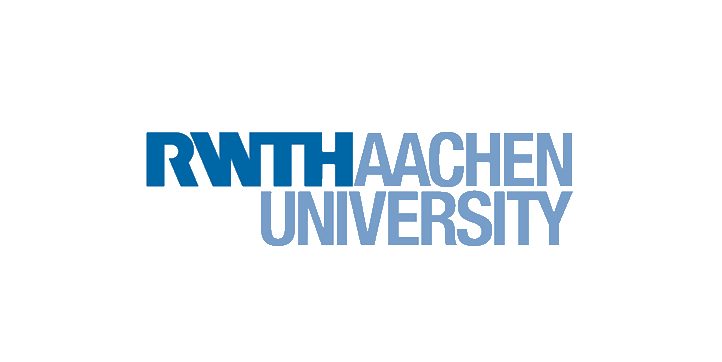RWTH: RWTH Successful in Digital Teaching Competition
RWTH is partnering with several institutions in the E-Assessment Innovation Cluster.
RWTH, TH Köln University of Applied Sciences, FernUniversität Hagen, and the German Institute for Adult Education – Leibniz Centre for Lifelong Learning in Bonn were able to impress the jury with their proposal for an E-Assessment Innovation Cluster. The Innovation in University Teaching foundation has decided to support the joint project with almost 2.3 million euros in funding.
The Innovation Cluster is one of 139 projects selected for funding in the Strengthening University Teaching Through Digitalization competition. Work on the project is scheduled to start in August 2021, with funding secured for three years.
The project is managed by Dr. Malte Persike from RWTH’s Center for Teaching and Learning Services. The University’s Learning Technologies Research Group (Computer Science 9) headed by Professor Ulrik Schroeder and the Institute for Power Electronics and Electrical Drives headed by Professor Dirk Uwe Sauer are also involved in the project. The University is set to receive around 700,000 euros in funding.
Optimizing E-Assessments in Higher Education
Universities seek to ensure the best possible examination experience for their students and to provide support for teachers in this regard. In recent years, more and more exams have been conducted as e-assessments, and the coronavirus pandemic has accelerated this trend.
The new innovation cluster aims to promote student-friendly exam formats and practices. To this end, e-assessment formats such as Dynexite and ILIAS are being further developed, with particular emphasis on inclusive assessment reflecting the diversity of students, competence-based assessment, interdisciplinarity, and curricular flexibility.
Hybrid exam formats will be developed, integrating both analog and digital components. Furthermore, students shall have more flexibility in scheduling their exams. An “exam cockpit” supports teachers with recommendations for further development and iterative improvement of exams.
Sub-Projects at RWTH
The Center for Teaching and Learning Services will focus on adapting and developing competence-based task formats for e-exams and on integrating the QuickEScan infrastructure in Dynexite. Aside from developing the exam cockpit, the Learning Technologies Research Group seeks to integrate domain-specific exam tools in Dynexite and achieve compatibility with the ILIAS e-examination system. The Institute for Power Electronics and Electrical Drives seeks to develop concepts that provide students with more flexibility in scheduling their exams.

